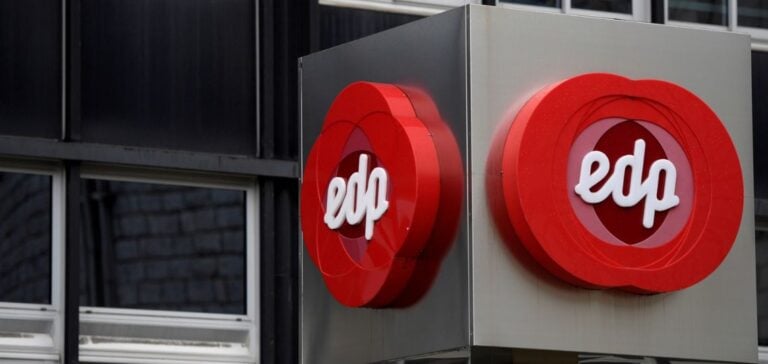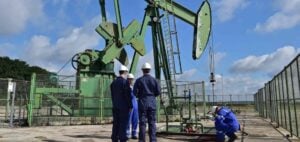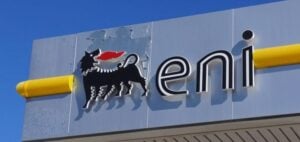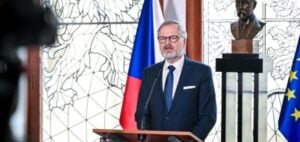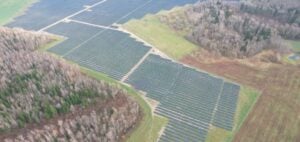Energias de Portugal (EDP) posted a net profit of 354 million euros in the first quarter of 2024. An increase of 17% on the previous year. This increase is the result of EDP’s successful takeover bid for its subsidiary EDP Brasil in August 2023. Despite this growth, EBITDA fell by 5% to 1.3 billion euros.
Investment in renewable energies
In the first three months of 2024, EDP invested 1.1 billion euros in renewable energy projects, totaling 4.6 GW of capacity. Renewable energies accounted for 97% of the Group’s total production during this period. Its subsidiary EDP Renovaveis, which specializes in green energies, also posted growth, reporting a profit of 68 million euros, up 4% on the previous year.
Strategic development and debt
EDP increased its debt by 4% to 15.9 billion euros, mainly due to its investments in renewable energies. This strategy is part of the Portuguese group’s drive to strengthen its position in the global green energy market. China Three Gorges, which holds a 21% stake in EDP, is playing a key role in this expansion.
Stock market performance
On the Lisbon Stock Exchange, EDP shares closed up 2.13% at 3.69 euros, while subsidiary EDP Renovaveis saw its share price jump 4.59% to 14.35 euros. This performance reflects the market’s confidence in EDP’s strategy of investing heavily in renewable energies.
The increase in EDP’s net income demonstrates the effectiveness of its expansion strategy in emerging markets and its commitment to renewable energies. The growth of its Brazilian subsidiary played a key role, despite the increase in debt.

